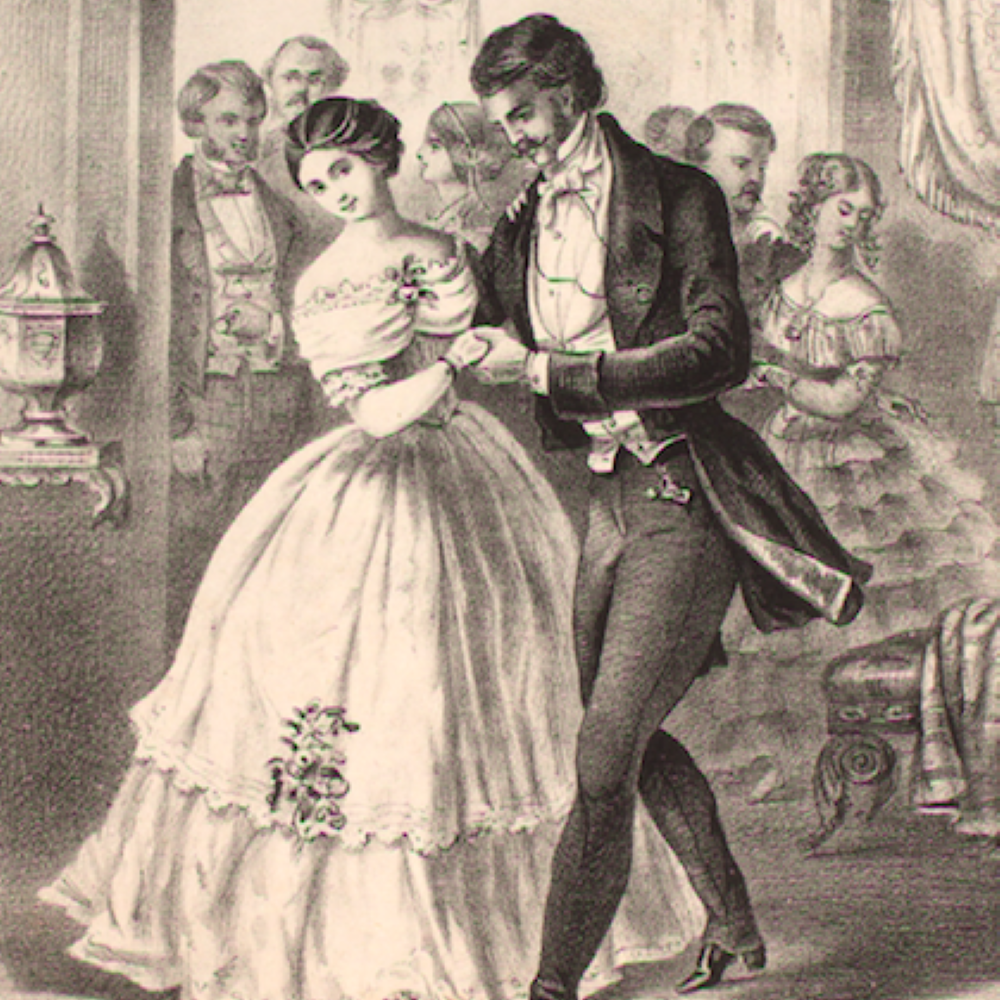
What’s in a Name? More Than You Might Realize
Can a name shape destiny? Family stories foster resilience, shape self-worth, and connect to heritage.

Can a name shape destiny? Family stories foster resilience, shape self-worth, and connect to heritage.

Concerns over sexualizing children have often been described as scare tactics. Are they? What is the current state of the problem?

Do healthy male-to-male relationships influence sexual fluidity? One man’s experience led him to research the question.

Eroticism in literature celebrated as sex positivity can ultimately harm women’s perspectives on sex.

Another tragic abuse case led one reporter to call for mandatory reporting, a practice that will harm more children.

The Church’s teachings on gender, sexuality, and family are deeply rooted in doctrine and observable reality, suggesting limited scope for drastic changes.

With so many loud voices declaring their personal grievances over sexuality and gender in the Church, those of us who feel differently need to speak up clearly as well.

As society embraced same-sex marriage, many believed it wouldn’t impact traditional views. However, this shift wasn’t neutral, leading to the sidelining of traditional beliefs.

Is traditional courtship outdated? Modern views that erase these customs lose the gender-specific rituals that enhance heterosexual relationships. We should celebrate and preserve these gendered differences.

How can victims of sexual trauma find healing and recovery? The answer lies in the transformative power of mindfulness and the gospel of Jesus Christ.

Pornography is toxic to relational and sexual health. Recovering from the relational health crisis of pornography involves forsaking pornography and its toxic scripts, regaining and deepening our intimate empathy, and learning and committing to safely hold one another.

Is it better to relocate for family or establish roots in a community? Fidelity to a community can come from weighing spiritual obligations, the benefits of community attachment, and family connections.